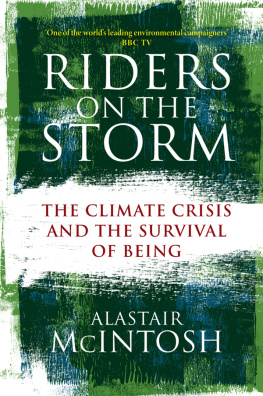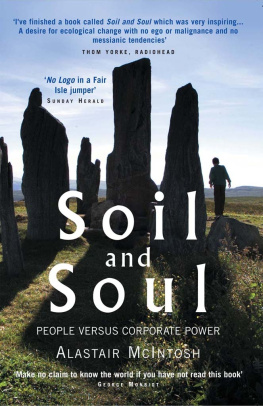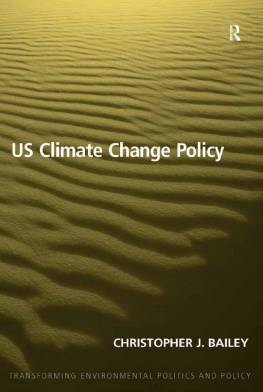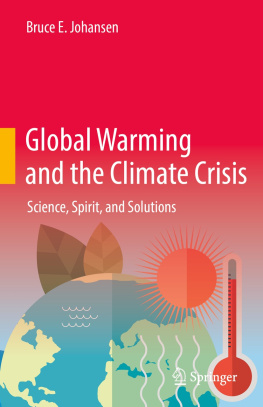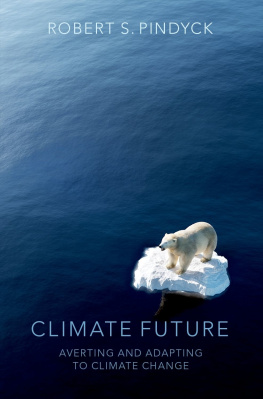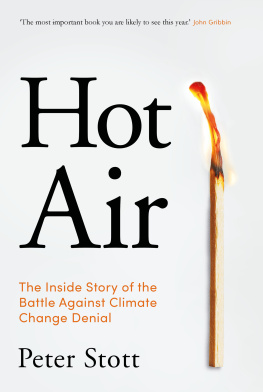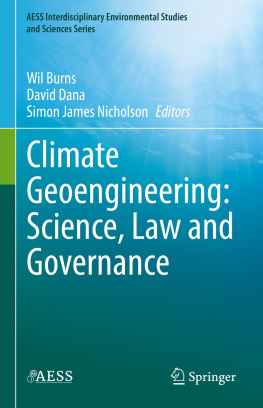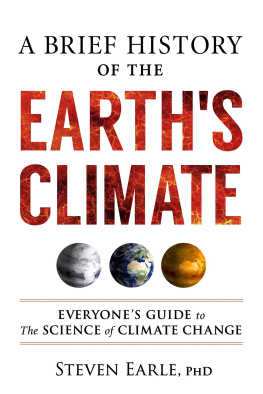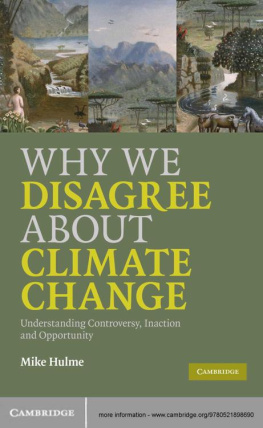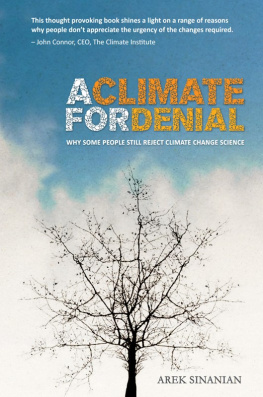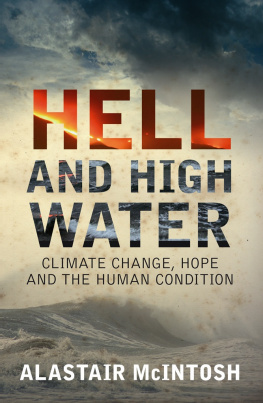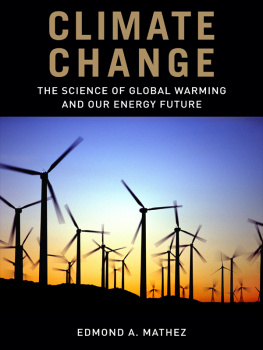Contents
Guide
Alastair McIntosh is an independent writer, broadcaster, activist and honorary professor at Glasgow University. A human ecologist, he speaks widely on the challenging questions of our time including climate change, globalisation, land reform, community empowerment and nonviolence with an emphasis on psychological and spiritual depth. He is the author of the bestselling Soil and Soul: People versus Corporate Power (Aurum), described by George Monbiot as a world-changing book, and Poachers Pilgrimage: An Island Journey (Birlinn), reviewed in the Times Literary Supplement as fascinating, provocative and, occasionally, very funny.

First published in 2020 by
Birlinn Limited
West Newington House
10 Newington Road
Edinburgh
EH9 1QS
www.birlinn.co.uk
Copyright Alastair McIntosh 2020
ISBN 978 1 78885 268 5
The right Alastair McIntosh to be identified as Author of this work has
been asserted by him in accordance with the Copyright,
Designs and Patents Act 1988
All rights reserved. No part of this publication may be reproduced in any form
or by any means without permission from the publisher
British Library Cataloguing in Publication Data
A catalogue record for this book is available from the British Library
Typeset by Initial Typesetting Services, Edinburgh

Printed and bound by Clays Ltd, Elcograf S.p.A.
To my dear mother, Jean Patricia McIntosh,
who when I was a child encouraged me
to write stories.
CONTENTS
INTRODUCTION
Not fare well,
But fare forward, voyagers.
T. S. Eliot
Into this house were born, as Jim Morrisons strange prophetic ballad had it. In part we lack a choice because into this world were thrown. Climate change is simply where were at. It is where the evolution of conscious life on earth has brought the planet to.
But we can make choices as to where we go now. Both individually and collectively we can choose to evolve culturally. It is with the dignity of life on earth, and our human part in it, that the passion of this book is concerned.
I wrote it in the Scottish city of Glasgow, a mile away from where the United Nations hope to hold their climate change summit with world leaders, known as COP 26. Originally, it was planned for November 2020, but the COVID-19 pandemic led to its rescheduling to November 2021.
While there is no obvious way in which the coronavirus is directly linked to climate change, the situation that it precipitated remains enfolded in the greater and emergent planetary crisis caused by greenhouse gas emissions. Lessons learned from one about fragility, and the need to build resilience into our social and economic systems, will transfer over to the other.
My zest in writing this work has been to go beyond the outward science, policy and politics of climate change. Most certainly, I want to summarise and honour those. They are our starting points. But I want to use them as a springboard into the deeper question of being itself: a wake-up call, as it were, that quickens to the nature and survival of our deepest humanity.
In the first four chapters, I summarise in plain language, for readers who might need and want it, the current science, context and proposed remedies surrounding global warming. This will stick closely to the peer-reviewed publications of the United Nations Intergovernmental Panel on Climate Change. If such science and the technological possibilities are not your forte, please feel free to skim over these parts should I fail to entice you in.
In the mid chapters, I explore both the psychology of climate change denial, and alarmism that exceeds the scientific consensus over such debates as near-term human extinction. The contrasting dangers of denial and alarmism are not symmetrical. Denialism has done far more harm than alarmism, and its political drivers differ. However, if we yearn for social justice and environmental sustainability, we must be critical friends towards our own movements. I will therefore round on leadership questions in activism in particular. This has implications that go well beyond climate change alone.
From here, I move to looking at what the public sector, the private sector and the voluntary (or wider vernacular) sector can contribute in the necessarily rapid move towards a zero-carbon world. This will touch on and critique a range of possible technical interventions such as carbon dioxide removal, the realm of corporate innovation and ethics, the fraught and yet potentially liberating debate around population and consumption levels, and the policies and politics of green new deals. All of a sudden, the latter has found fresh impetus under the ravishes of COVID-19, and with it the pressing need to think through forms of global economic stimulation that dont merely multiply our problems. Here is the opportunity to produce enduring fruit from a new-found public recognition that resilience is not a luxury.
Readers of my other works will know that my approach is far from conventional. Buyer beware! In case such a style is not for you, be warned that I love few things better than moving from hard science to spiritual reflections by a Hebridean sea loch. This is not a how-to book that tries to replicate all the others that do a better job on recycling rubbish, changing light bulbs, or technology and governmental policy options. My interest is to invite my reader on a journey into the survival and thriving of being the being of both human and all other forms of life on earth.
In my closing chapters, I therefore enter further into depth psychology and beyond. To the best of my limited abilities, I examine what it takes to reconnect with the earth, with spiritual life and with one another. With soil, soul and society.
I approach this through a shift into storytelling mode. In a case study, I give an account of going back, in 2019, to my home village on the Isle of Lewis with a delegation of community leaders from West Papua a province of Indonesia in western New Guinea. The experience shed some astonishing light upon our predicament. It illustrated both the deepest traumatic drivers of the world into which were thrown, and pointed to some thrilling paths of resolution.
While this is not a book of optimistic platitudes, neither is it counsel for despair. Climate change can press us all to deeper layers of reflection than we might ever have entertained before. Such is our basic call to consciousness. Here might be the freeing up of long-blocked wells, and this for the survival of being in us all. To open up the flows of what gives life.
A crisis is too good a chance to waste. There is a gift, as well as dread, in living through these times. The world on us depends, which begs a question. How can we be riders on the storm?
ALASTAIR MCINTOSH
Govan, Glasgow, 2020
1
A WALK ALONG THE SHORE
There are places you can go from where the whole world passes by. Little corners, from which to dig from where we stand. Vantage points from which, in a single glance, one can witness some of the key effects of climate change in a landscape, and glimpse the scientific complexity that plays out through space and time. Occasionally in such places, the very stones laid on the ground can tell a story that, as we will see later in this book, can shed a striking light upon geopolitics of our time.

